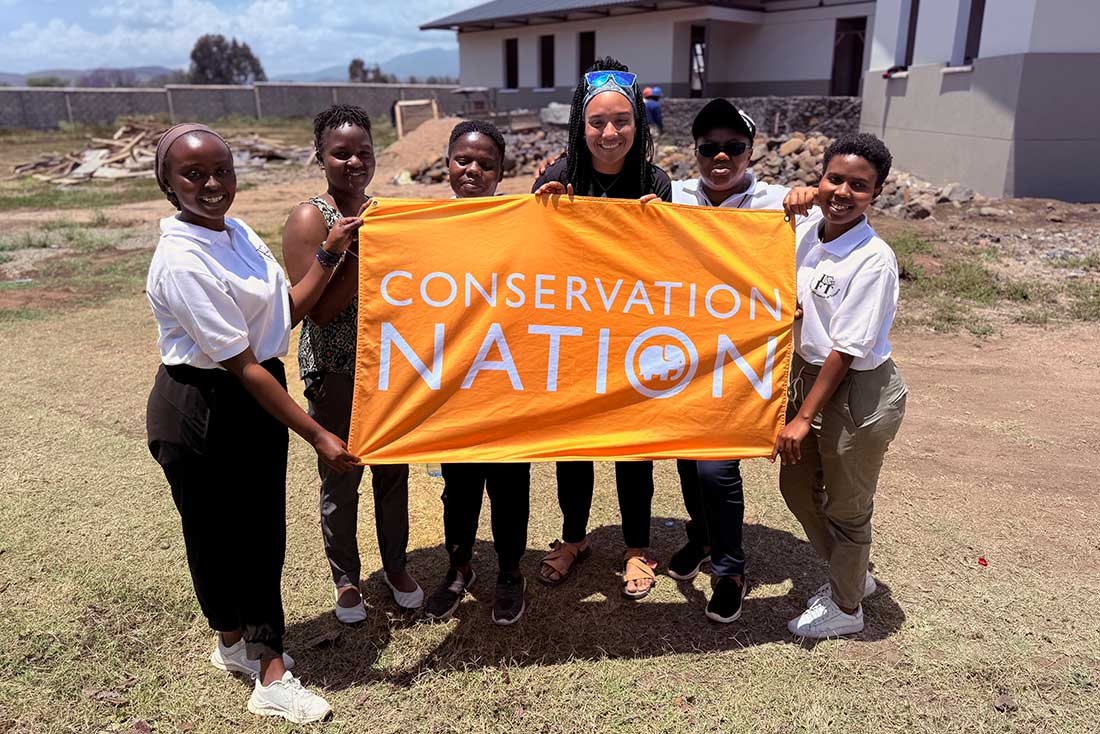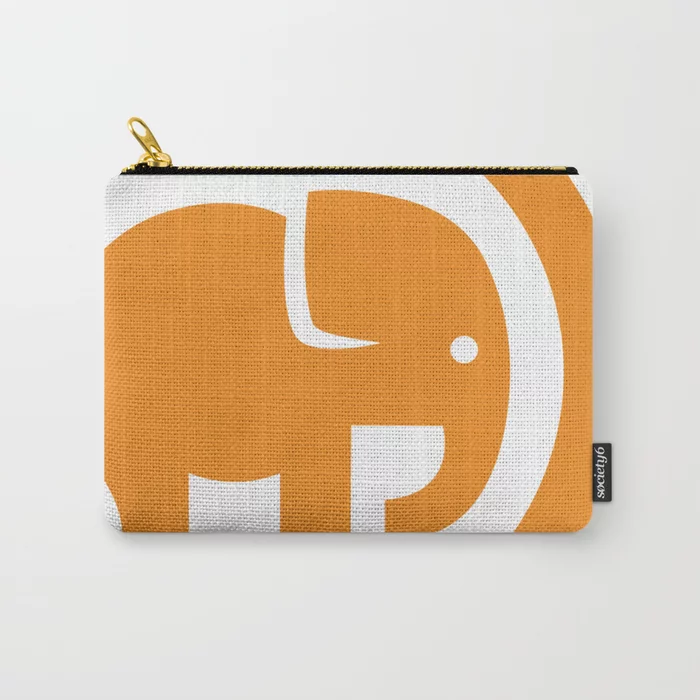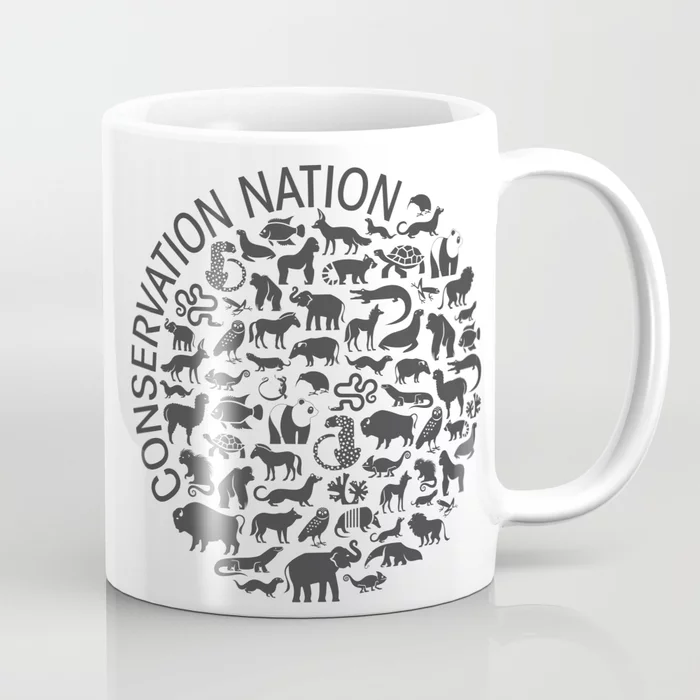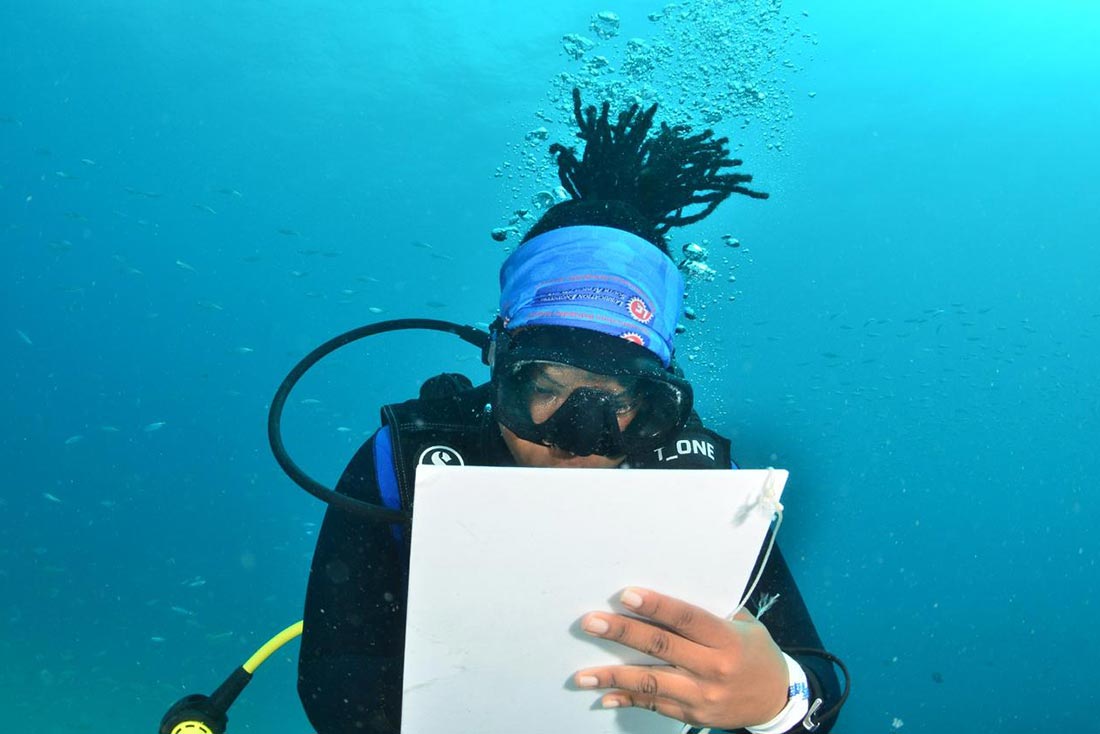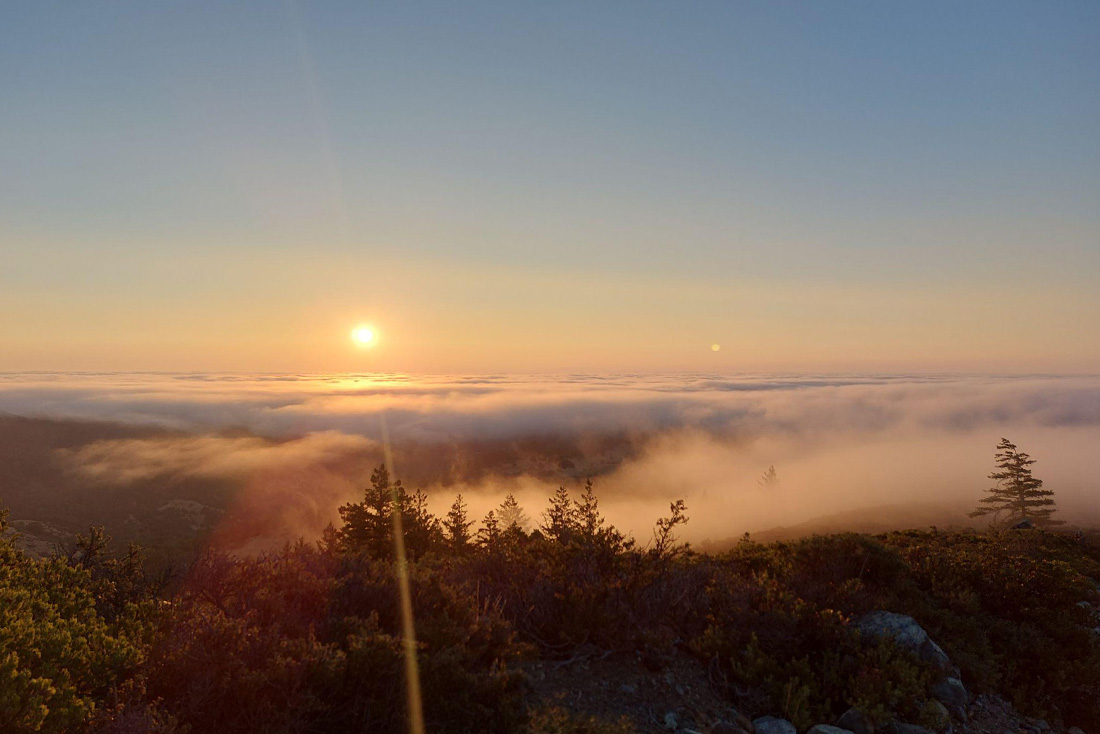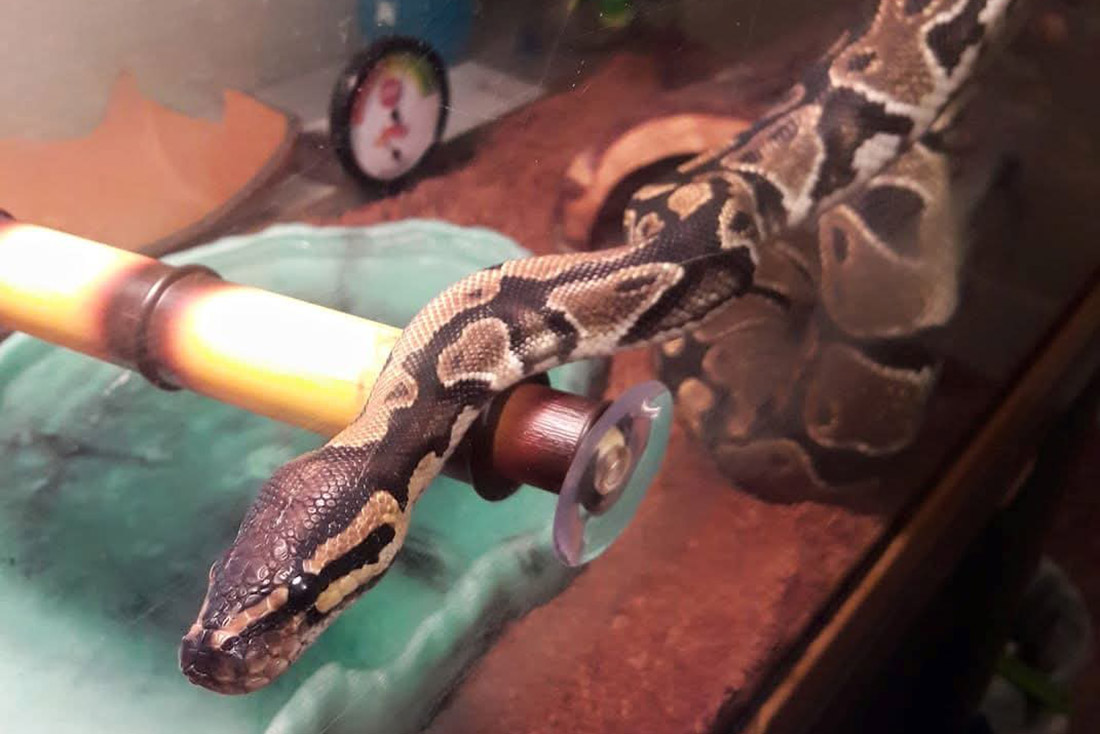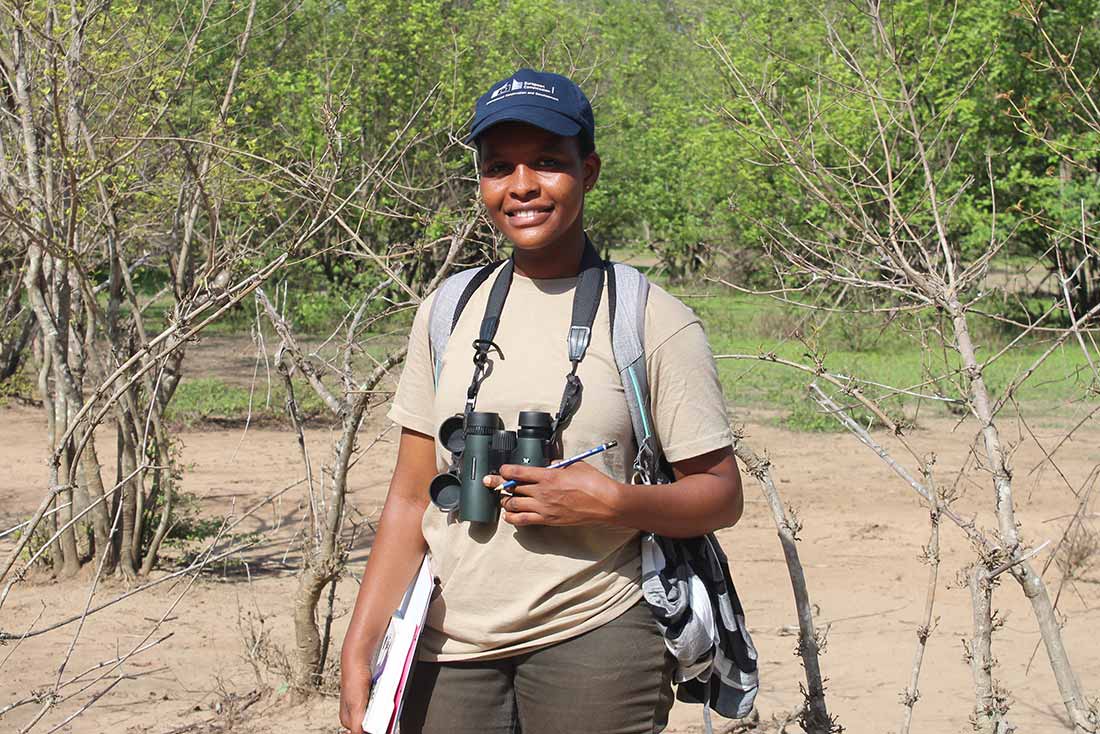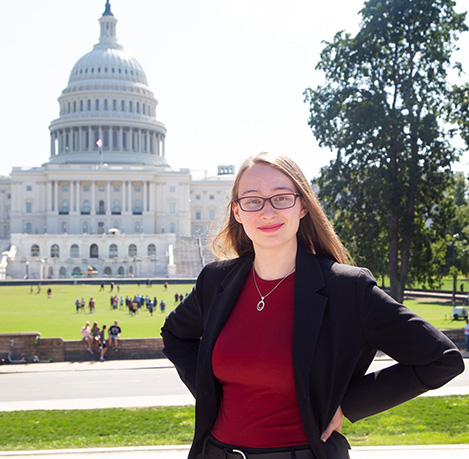- Plant a garden
- Reduce waste
- Recycle
- Organize a beach cleanup
- Speak up for wildlife to your county, city, or state leaders when new construction threatens wildlife habitats
- Share what you are doing to protect the environment with your friends on social media
- Start a club at your school
The more you share your advocacy for wildlife and conservation with people, the better!
As a Conservation Nation Youth Advisor, I believe that a lack of education on environmental issues is one of our world’s biggest threats. In many areas across the globe, people do not understand the consequences of their actions on the planet. They might want to help the environment but don’t know how to get started or maintain a sustainable lifestyle. People may not have the resources or the knowledge necessary to implement fundamental changes. They may face economic consequences to protecting particular species and not be aware of creative solutions that will allow economic progress while protecting wildlife.
As President of my school’s Lend a Paw Service Club and a Mentor Volunteer at the Humane Society of Tampa Bay, I believe the easiest way to spread awareness about conservation issues is to go out into the community and talk to people. While working on my Girl Scout Gold Award project, “Advocating for Animals,” I taught students and youth about animal welfare, so when they grow up, they value the environment and make a concerted effort to help preserve species.
In my future career, it will be crucial for me to utilize the skills and knowledge I learned as a Conservation Nation Youth Advisory Council member to help motivate the next generation of students to love wildlife and take the necessary steps on both a personal and governmental level to help save our planet.
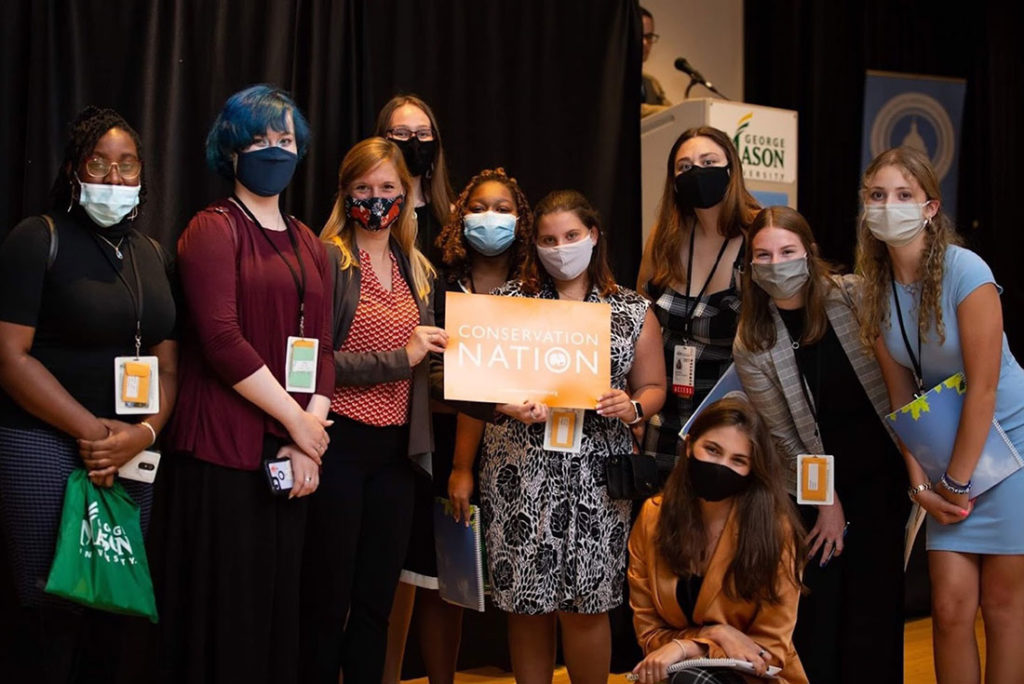
My attendance at the Washington Youth Summit on the Environment (WYSE), service on the Conservation Nation and WYSE Youth Advisory Councils, and speaking at national speech competitions about wildlife extinction and human-wildlife conflict have transformed my determination to help preserve wildlife into a desire to become an environmental lawyer. I plan to go to congress to help lobby for more (and stricter) environmental policy. My goal is to educate people on how we can work together to save our species and our home and inspire others to help save the planet.
Lauren is a Conservation Nation Youth Advisory Council member. She is a high school senior in coastal Florida and intends to study environmental law in college.

